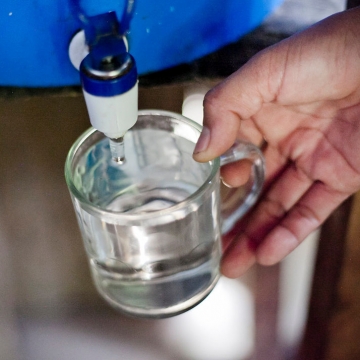Collective Local Payments for Ecosystem Services: new local PES between groups, sanctions and prior watershed trust in Mexico
Payments for ecosystem services (PES) programs are now high in number, if not always in impact. When groups of users pay groups of service providers, establishing PES involves collective action. We study the creation of collective PES institutions, and their continuation, as group coordination. We use framed lab-in-field experiments with hydroservices users and providers within watersheds participating in Mexico's Matching Funds program in Veracruz, Yucatan and Quintana Roo states.



